-
 10 Potent Home Remedies for Cough and Cold Plus 5 Benefits of Seeking Natural Home Remedies over Medicines (2020)
10 Potent Home Remedies for Cough and Cold Plus 5 Benefits of Seeking Natural Home Remedies over Medicines (2020)
-
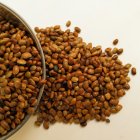 Introduce Your Family to the Multiple Benefits of Horse Gram: Check out Simple and Delicious Horse Gram Recipes and Make This Superfood a Part of Your Family's Regular Diet (2021)
Introduce Your Family to the Multiple Benefits of Horse Gram: Check out Simple and Delicious Horse Gram Recipes and Make This Superfood a Part of Your Family's Regular Diet (2021)
-
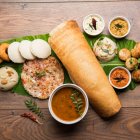 10 Yummy and Nutritious South Indian Breakfast Recipes to Power Start your Day + 3 Reasons Why You Should Opt for a South Indian Breakfast
10 Yummy and Nutritious South Indian Breakfast Recipes to Power Start your Day + 3 Reasons Why You Should Opt for a South Indian Breakfast
What is Ramadan Without the Food Fiesta?
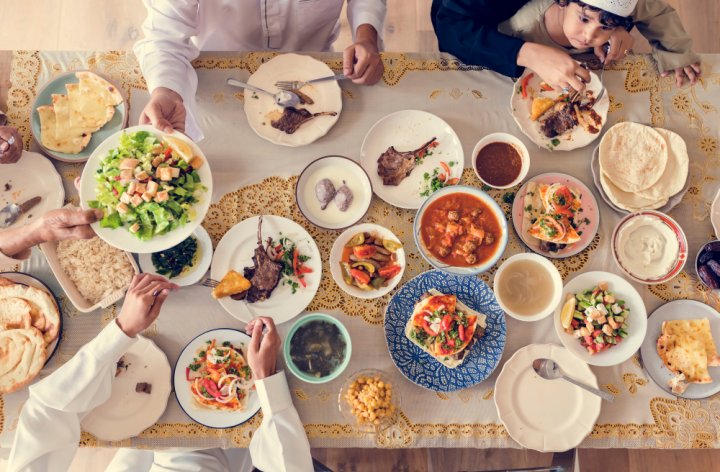
Have we just committed sacrilege by suggesting you skip the lavish feast you worked so hard all day to earn? If you’re going to be denied a scrumptious sehri before dawn and a fried, oily, meaty, sweet and sinful iftar spread after a long day of abstaining from food and drink, what is the point of fasting, you may ask.
Hang on, we're not telling you to drop your favourite Ramadan foods, only the unhealthy ones which you think you can sneak in because you're fasting all day anyway. Read on and then see if you still feel like reaching for a deep fried meaty samosa at the end of the day.
Food is Not the Focal Point of Ramadan, Ibaadat Is
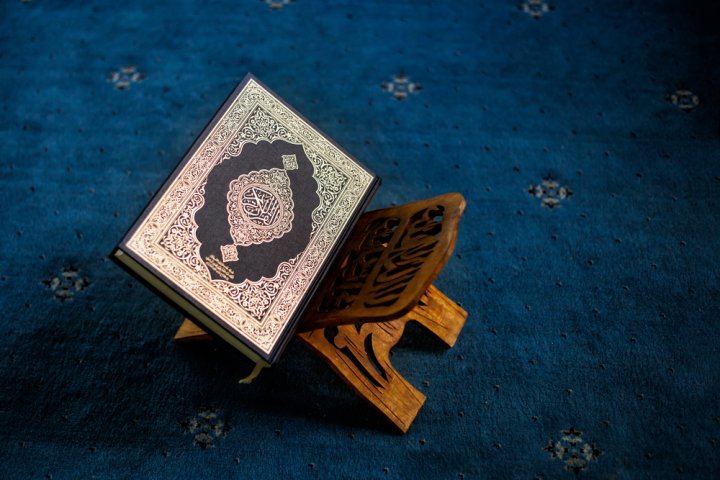
On average, how much time do you spend everyday on food related activities, right from planning your meals, shopping for it, preparing it, eating and then cleaning up after? The answer will surprise even the most modest of eaters. This becomes an obsession during Ramadan with frenzied devotion to painstakingly making elaborate feasts, all in the name of religion.
Food is essential to life, but Ramadan is not denying you of sustenance, only freeing you from its overwhelming burden for a length of time it so you can divert that energy into delving deeper into other pressing matters of life. Such as looking inwards, prayer and spirituality.
Food is fuel for the body and though we often eat for pleasure, going without eating for several hours isn't going to do you harm and will even help your body clear itself of toxins. Read on to understand how our body uses food, what happens when you fast, and how to make this Ramadan a healthy one.
What Happens to Your Body When You Fast
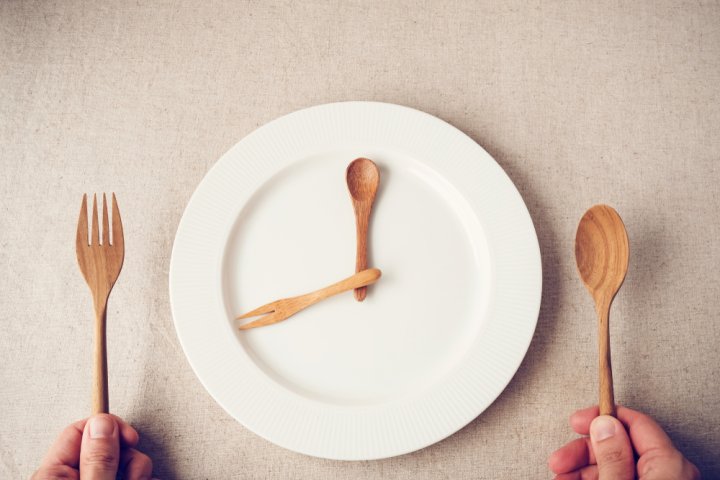
The human body is a fascinating combination of systems and functions and it deals with food deprivation in a remarkable way. Fasting has been a part of many cultures and religions for millenia. Muslims have the month long Ramadan and the Jews have lengthy fasting days like Tisha B'Av and Yom Kippur. Christianity has 40 days of Lent which is observed slightly differently - instead from refraining from food and drink entirely, the devout give up things they are especially fond of. Fasting plays a huge role in Hinduism, Jainism and Buddhism too, such as during Navaratri when Hindus refrain from consuming meats and eggs.
Religious resons aside, certain types of fasting are also considered benefitial to us and are often prescribed by medical practitioners, so let's take a look at what actually happens when you stop eating for a lengthy period of time.
Fasting vs Starvation

We often use the term 'I'm starving' when we're really very hungry. The excessive expression may be a dramatic expression of how hungry you're feeling, but it's a rather inaccurate use of the word starving.
The human body requires energy to function, and the primary source of this energy is glycogen which is obtained by breaking down carbohydrates. The simplest carbs like sugars go first, followed by more complex carbohydrates. What is not used immediately, is stored by the liver for use later.
When you're fasting and there is no food intake, the liver runs out of glycogen after about 8 hours. This is when the body starts breaking down fat to create glycogen on it's own. This state is called gluconeogenesis, and since it is more complex than simply breaking down food for glucose, the body burns calories at a much faster rate. This is also the basic premise of exercising to lose weight, to burn up all the available carbs so the body can start using its fat deposits.
Effects of Fasting on the Body

Fasting during Ramadan can have several positive effects on the body. Here are a few that have been backed by research:
- Regeneration: the kind of fasting that is done during Ramadan is also a popular fasting method used for health reasons. Called intermitten fasting, it is used to increase the production of human growth hormone (HGH).
Produced by the pituatary gland, this hormone peaks with puberty and declines as you age. This hormone plays a key role in growth, cell repair and also metabolism, and if your HGH levels are low, changes are you will gain weight more easily. A few days into Ramadan, typically starting by day 3, the body starts producing a lot more growth hormone (HGH), upto five times more than usual.
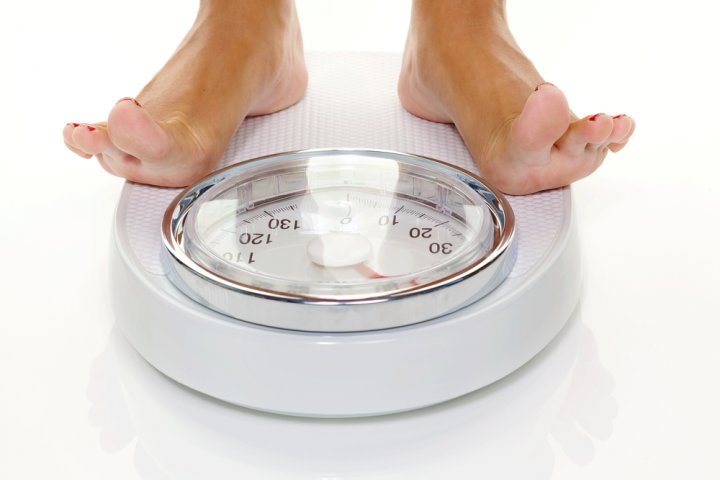
- Removal of toxins: High levels of HGH not only regenerates cells throughout the body, it triggers autophagy, a process in which the less than healthy cells are eliminated, giving way to newer, healthier cells.This removal of toxins at a cellular level coincides with the breakdown of fat and the toxins stored in the fat that is now being used by the body. Once freed, these stored toxins too can be flushed out.
- Weight loss: fewer calories being consumed and with the body in self-cleansing mode can lead to weight loss, especially by burning of excess fat, provided that a balanced and nutritious diet is combined with fasting.

- The ageing process slows down: muscle growth, tissue repair and the elimination of toxins can slow down the ageing process. Athletes fast in a similar manner (though they may consume water to remain hydrated) to speed up recovery and build muscle.
- Replenishing of the gut: a break from normal digestive functions allows the gut to heal and repair itself which in turn leads to better absoption of nutrients. This includes removal of toxins from the gut.
- Studies have also found fasting to help regulate blood sugar levels by decreasing the body's resistance to insulin, the hormone which dictates how effectively blood is able to transport glucose to where it's needed. In addition to this, the brain also works better when you have been fasting for a few days.
How Does a Heavy Meal Throw a Spanner in the Works
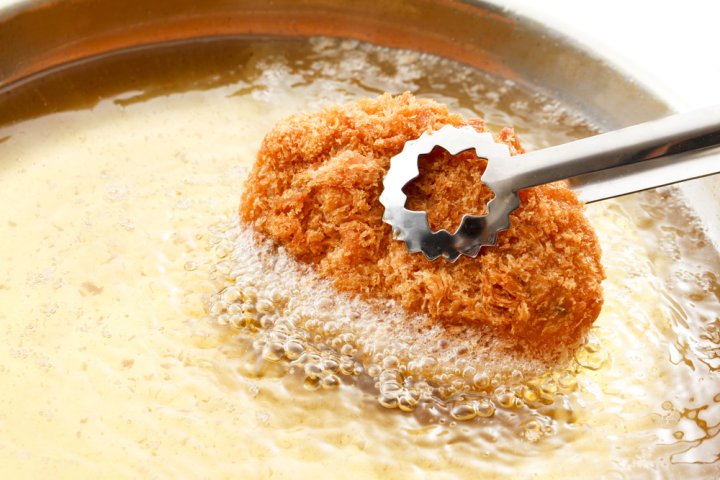
Eating a heavy meal comprising of fried, rich foods and overtly sugary drinks after an extended period of not eating and the effect it has on your body can be be compared to being rudely woken up in the middle of deep slumber and asked to perform complicated tasks, or sent on a long run. Your body and mind will struggle to take on these challenges, and likely fall short - you will be confused and disoriented, take a while to understand what is going on and to even coordinate your limbs.
Your entire body, including the digestive system, has gone into a cleaning and repair mode and needs to be eased into breaking down food again. The food you eat should aid this restorative effort, not slow it down.
You do need nourishment but it should come from simple foods that are easy to digest. The more processed a food is, the more effort is needed to break it down. Plying your stomach with heavy, excessively sweet and processed foods don't give you the required nutrients. What they do is tax it, negate the restorative effects of the fast, and add unnecessary calories for your body to deal with.
What Should You Eat for Iftar and After
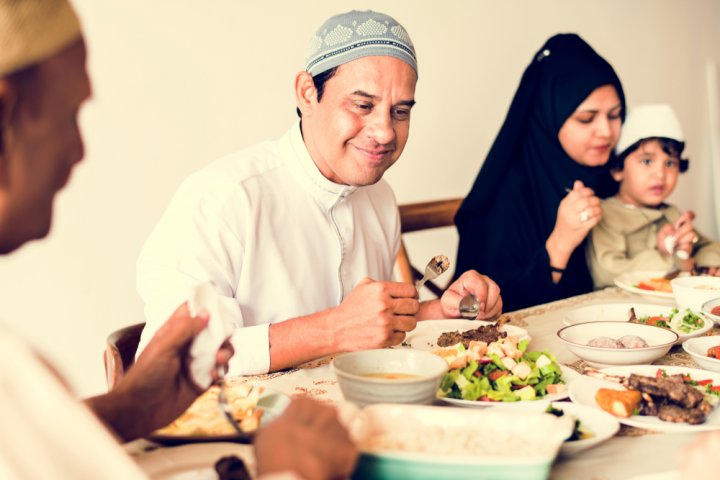
You don't want to eat too much hence it becomes all the more important to make every morsel count. Choose foods that are densely packed with nutrition and preferably lower in calories. Fat isn't a bad thing, in fact your body needs good fats for vital functions. What you want to avoid are things like fried food.
Dates: there are very good reasons why the Prophet chose dates to break fasts with. They are easily digested and don't require a lot of energy to break down, while they're packed with fiber, glucose and nutrients that helps the body quickly restore it's glucose levels. The extra sweetness and the fiber satiate hunger and prevent you from over eating.
Water: after over 12 hours of not eating or drinking, this is the best beverage to hydrate yourself. Avoid sugar laden drinks as they can pile on to the sugars provided by the dates without any of the health benefits. The same goes for fruit juice, which is only slightly healthier. Instead have fruit to avail of the fiber and extra nutrients.
Proteins: the red meats are harder to digest so keep them for later, but you can still get your lean proteins from fish, eggs, chicken and even vegetarian proteins. Choose foods that have been cooked without a lot of oil and can be digested easily.
Avoid too much raw food: several foods such as fruit and certain vegetables are best eaten raw, but raw food takes longer to digest. These contain several micro nutrients and you must incorporate them in your meal, but cook them lightly to preserve nutrients while at the same time making them easier to digest.
-
 13 Superb Wedding Gifts for Muslim Couple, and a Guide to Giving Gifts to Muslims (Updated 2021)
13 Superb Wedding Gifts for Muslim Couple, and a Guide to Giving Gifts to Muslims (Updated 2021)
-
 Make This the Happiest and Most Memorable Eid for Her. 30 Exquisite Eid Gift Ideas for Her that She Will Never Forget (2022)
Make This the Happiest and Most Memorable Eid for Her. 30 Exquisite Eid Gift Ideas for Her that She Will Never Forget (2022)
-
 Still, Wondering What to Buy for Your Little Ones for This Eid? Here Are the 20 Best Eid Gift Baskets with Assorted Gift Combos to Surprise Your Kids on This Eid (2020)
Still, Wondering What to Buy for Your Little Ones for This Eid? Here Are the 20 Best Eid Gift Baskets with Assorted Gift Combos to Surprise Your Kids on This Eid (2020)
-
 Top 15 Gifts to Give to an Indian Muslim Girl in 2020 and Tips on How to Choose a Gift for Her
Top 15 Gifts to Give to an Indian Muslim Girl in 2020 and Tips on How to Choose a Gift for Her
-
 Surprise the Love of Your Life with the Perfect Gift This Eid: 15 Sublime Eid Gifts to Wife to Win Her Heart, Plus 3 Tips for Shopping (2020)
Surprise the Love of Your Life with the Perfect Gift This Eid: 15 Sublime Eid Gifts to Wife to Win Her Heart, Plus 3 Tips for Shopping (2020)

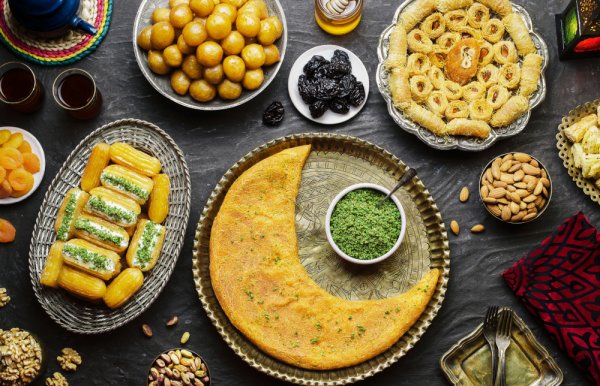
 Highlight the Best Facets of Your Incomparable Beauty: Discover the Best Face Highlighter Currently Available in India and Everything You Need to Know About Using Face Highlighters for Maximum Effect (2023)
Highlight the Best Facets of Your Incomparable Beauty: Discover the Best Face Highlighter Currently Available in India and Everything You Need to Know About Using Face Highlighters for Maximum Effect (2023)
 Forget the Blemishes and Get that Picture Perfect Flawless Radiance on Your Face: Check out the Best Foundations for Oily Skin Currently Available in India and Everything You Need to Know About Makeup Foundations (2023)
Forget the Blemishes and Get that Picture Perfect Flawless Radiance on Your Face: Check out the Best Foundations for Oily Skin Currently Available in India and Everything You Need to Know About Makeup Foundations (2023)
 Make Your Presence Felt Wherever You Go: Discover the Best Perfumes Under 2000 for Both Men and Women to Announce Your Arrival and Make Any Occasion Memorable (2023)
Make Your Presence Felt Wherever You Go: Discover the Best Perfumes Under 2000 for Both Men and Women to Announce Your Arrival and Make Any Occasion Memorable (2023)
 Protect Your Oily Skin from the Harmful Rays of the Sun: Discover the Best Gel Based Sunscreens for Oily Skin and Everything You Need to Know Before Buying One (2023)
Protect Your Oily Skin from the Harmful Rays of the Sun: Discover the Best Gel Based Sunscreens for Oily Skin and Everything You Need to Know Before Buying One (2023)
 Minor Blemishes and Wrinkles Affecting Your Confidence? Check out the Best BB Creams to Conceal Your Worries and Nourish Your Skin to Restore the Healthy, Radiant and Glowing Complexion Back Again (2023)
Minor Blemishes and Wrinkles Affecting Your Confidence? Check out the Best BB Creams to Conceal Your Worries and Nourish Your Skin to Restore the Healthy, Radiant and Glowing Complexion Back Again (2023)
